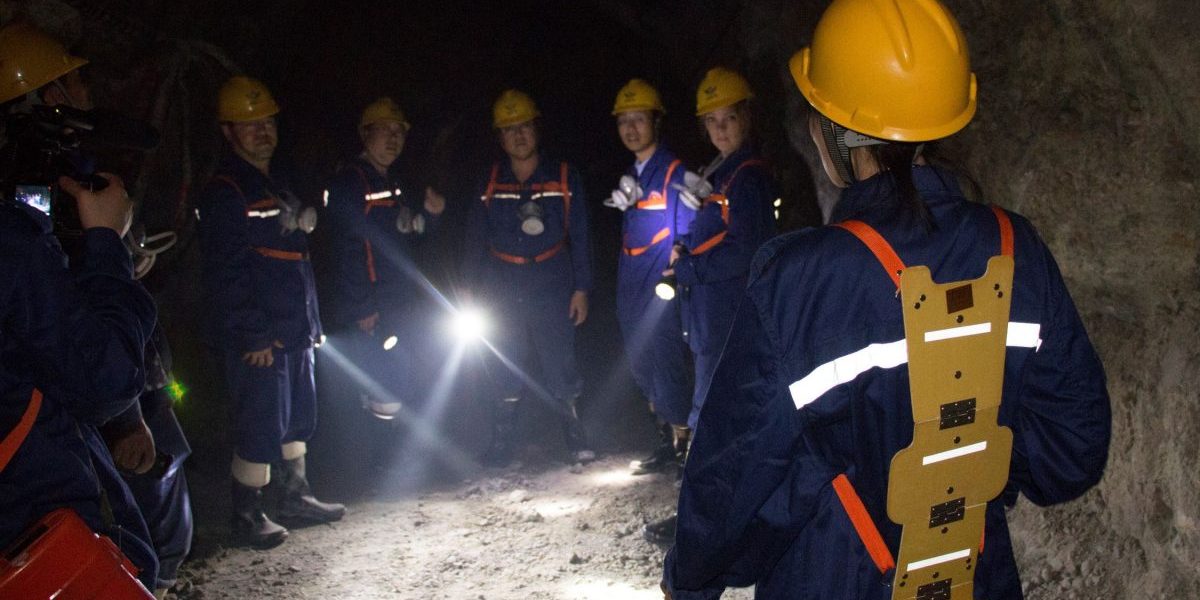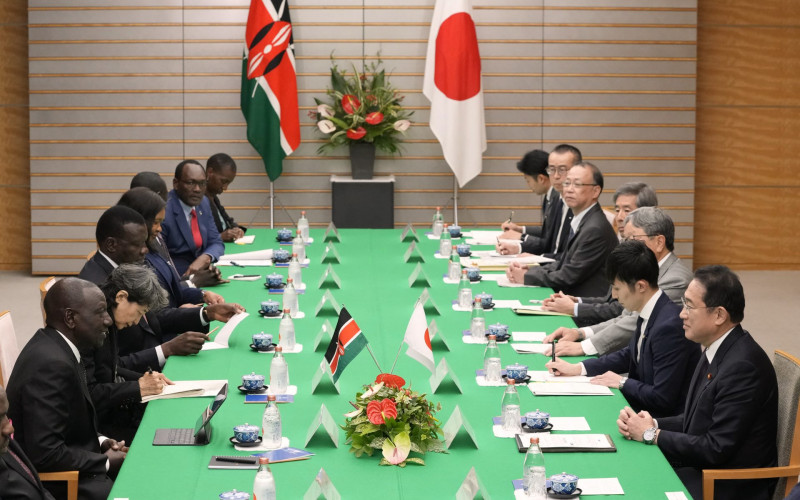It sets to find out how international mining affects local social organization in terms of work, labor relations, and livelihoods, and how disputes are negotiated between the mining companies, municipal and provincial governments, and civil society groups representing the interests of local communities. Disagreements around compensation, resource depletion, and laborrelations are the primary source of controversy and tension generated by the mining projects. These are then exacerbated by administrative negligence from municipal and provincial bureaucracies, and the investors’ blind spot in neglecting engagement with local communities. The problems encountered by the Chinese and Irish companies are similar and local communities have expressed discontent with both. But, the Irish company seems to demonstrate more sophisticated strategies in overcoming the challenges to deliver social goods. We recommend that a mechanism to facilitate direct and effective communication between local communities and foreign mining companies be launched to assure the inclusion of local communities in key mining project decisions and public access to information relevant to their own welfare.







